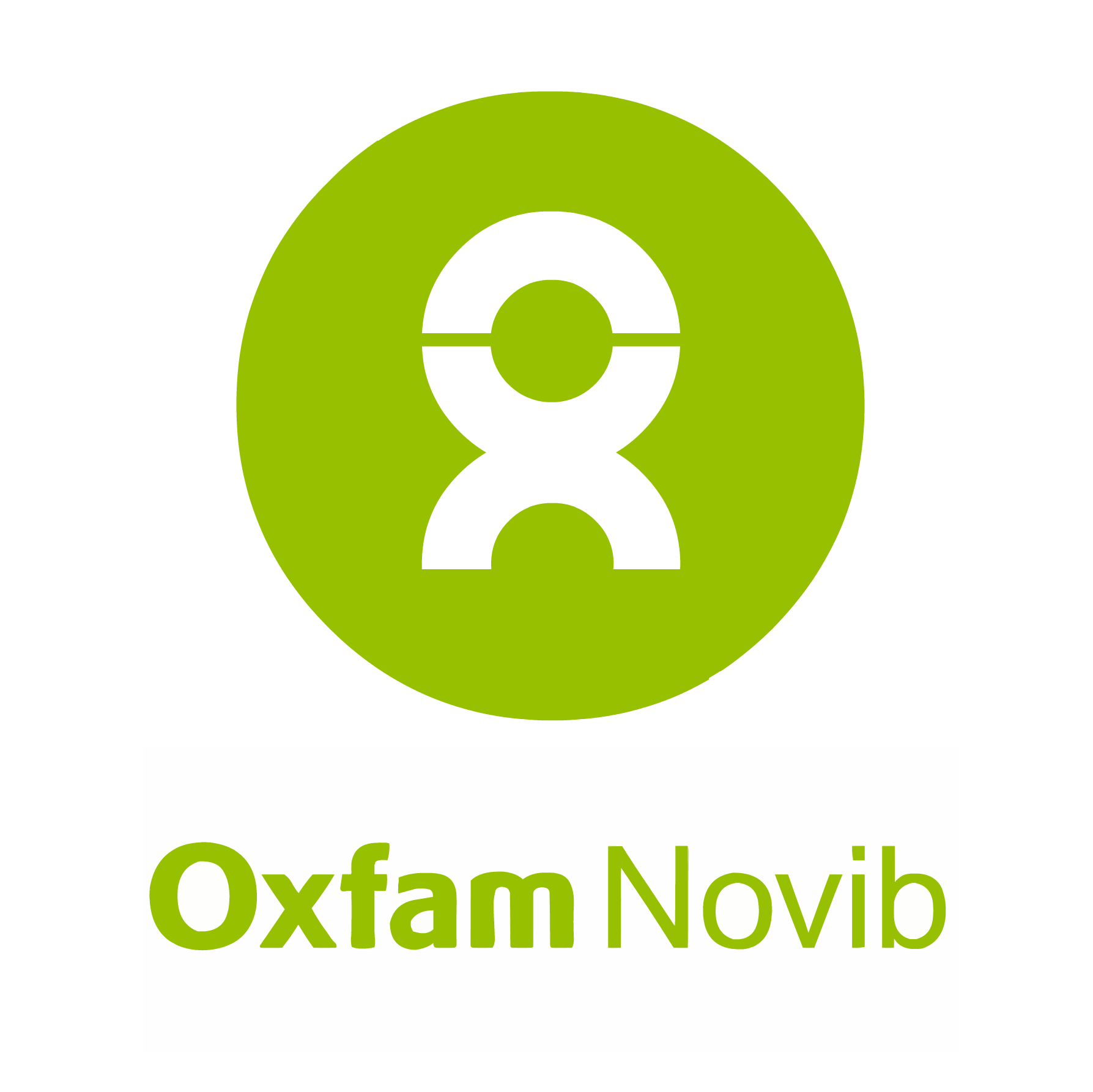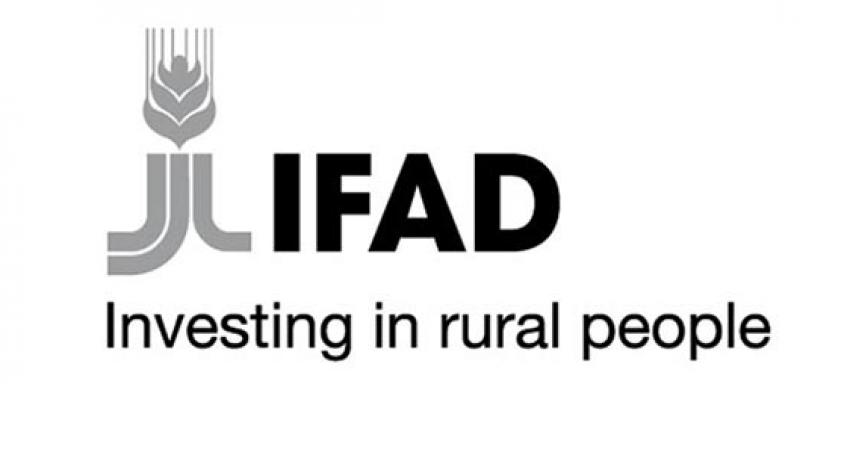Community / Land projects / HO-TU ALIVE
HO-TU ALIVE

€0
12/17 - 11/20
Завершено
This project is part of
Implementing Organisations
Donors
Data Providers
General
The FAIR company-community partnership works with companies on inclusive and sustainable palm oil production. The partnership offers an alternative business model that will benefit small scale farmers (and their organizations) as well as their communities, the plantation companies with their investors and buyers alike. companies like PepsiCo bring in co-funding. The activities deliver on the four principles of the FAIR partnership approach described by the acronym FAIR: 1. Freedom of choice; 2.Accountability; 3. Improvement and sharing of benefits; 4. Respect for rights, including women's rights and respect for the environment. Central to theFAIR partnership are sustainable land use planning, smallholder inclusion and gender equality. Following consultations with local stakeholders, Oxfam and partners identified the district of Tanjung Jabung Barat (TanJaBar) in Jambi, Indonesia as a priority location for the implementation of the partnership. Selected villages in two sub-districts have been identified because of the following reasons: # transmigration location; houses with land were provided to migrants from Java, initially meant for food production but developed into plots with oil palms; # two anticipated crises related to food security (all food has to be imported from other regions) and challenges of replanting or rehabilitating aging palms. Efforts in the first 18 months of the implementation phase target 1200 households comprising 6,000 beneficiaries, based on average of five people per household, of which approximately 4,800 are indirect beneficiaries. Special attention will be given to women smallholders and to women in affected communities ensuring their active involvement and their increased benefit of the partnership. A diverse group of non-organized farmers in the wider TanJaBar landscape could also be included in YR 2 to 5, more than 6,000 in the two sub districts alone, covering over 18,000 hectares. The initiative will also benefit local and national government authorities, community leaders and members, civil society organizations (CSOs), and local palm oil companies, including PepsiCo suppliers. Planned activities include: 1. Participatory Land Use planning; 2. Review smallholder # mill partnerships; 3. Alignment of various landscape stakeholders with the value chain stakeholders; 4. Setting up transparent trade of Fresh Fruit Bunches (FFB); 5. Training farmers (both women and men) on Good Agricultural Practices (GAP); 6. Women's Economic Empowerment; 7.Preparations for replanting; 8. Sharing lessons from demonstration projects. 9. Identification of and supportto diversified land use and livelihood options in support of food and income security; 10. Resource mobilization from private sector and institutional donors.



